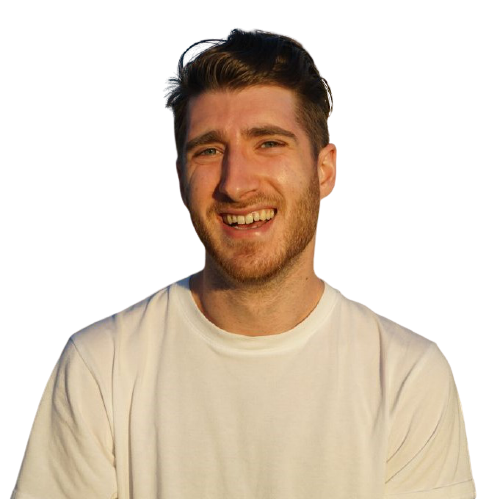
Problem
In the United States and around the globe, men’s violence continues to cause harm, trauma, and inequity. Data abound shows this to be true: 50% of female homicide victims are killed by their intimate partners; men are responsible for more than 90% of all violent crime; and men control almost all wealth and the majority of political and military power in the United States. These are the outcomes of generations of sexism and a gender-based social hierarchy, which benefit boys and men in many ways—a social system called patriarchy. While accepted as historically inevitable, the result of this system is that people of all genders – including men – lose out socially, emotionally, and materially. Feminism has provided pathways for women to push back against these norms and be empowered, but men have not always seen themselves as part of this socio-political development. Sporadic violence prevention programs teach men what not to do and men’s support groups provide spaces for men to bond with each other outside the public sphere. However, these activities do not create persistent public structures to explore the impacts of these trends on people’s lives or lead to solutions to the constant pressures of patriarchal gender norms. In fact, there has never been an accessible, public, and ongoing structure to support men’s engagement in gender justice.
Pathway
In 2016, Benjamin launched the Cambridge Forum for Feminist Discussion of Masculinities as an organizing project to normalize subversive conversations about gender in an accessible, non-academic, multi-gendered space. “The Forum” – as some call it – is derived from a project begun in New York in 2014 to engage men in feminist dialogue, help men find liberation in embracing their full emotional personhood, and enable all people to acknowledge and disrupt their internalized sexism. The Forum will eventually expand to form a chapter-based network of volunteer-led dialogues to establish universal connections among people who are dissatisfied with gendered expectations. The chapters will draw upon the energy of existing institutions that are taking steps to prevent violence and empower nurturing communities, by creating a structure that is designed to be accessible, ongoing, and dynamic.
Person
Benjamin earned his MPP in 2018 from Harvard Kennedy School, focusing on leadership, gender, and violence prevention. He is passionate about envisioning new ways to eliminate interpersonal and structural violence, by helping communities address and transform gender norms. Benjamin is currently wandering the foothills of the Smokey Mountains in Middle Tennessee, getting to know his new landscape as he prepares to ramp up his community organizing and violence prevention work. Before coming to HKS, Benjamin served for three years in the nonprofit victim services field in New York, during which time he supported people and families surviving the most devastating effects of patriarchal violence – crime, abuse, and neglect. Over the past two and half years, Benjamin provided opportunities for others to practice reflection and criticism of patriarchal gender norms by facilitating monthly, community conversations for people of all genders to discuss masculinity. He is a former AmeriCorps VISTA and has attended workshops by the People’s Institute for Survival and Beyond (LA), Participatory Budgeting Project (NY), Boston-Area Rape Crisis Center (MA), Anti-Violence Project (NY), Merge for Equality (MA), Safe Horizon (NY), and Black Lives Matter Cambridge (MA). Benjamin is inspired by the teachings of bell hooks and Dr. Judith Lewis Herman, and is currently exploring circle practice and restorative justice.